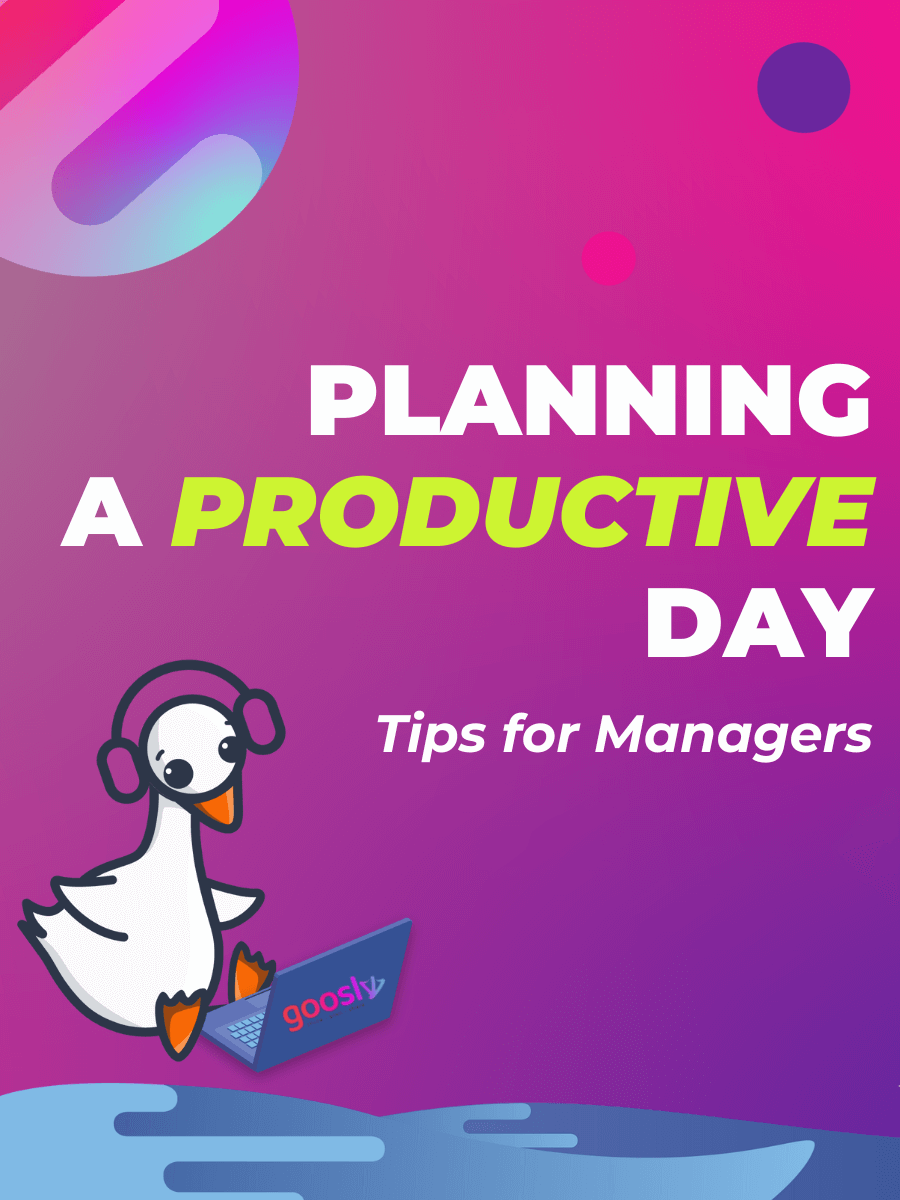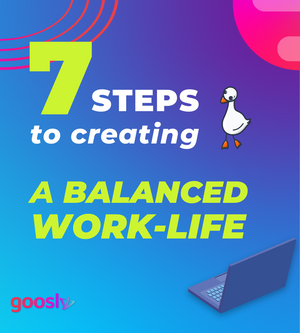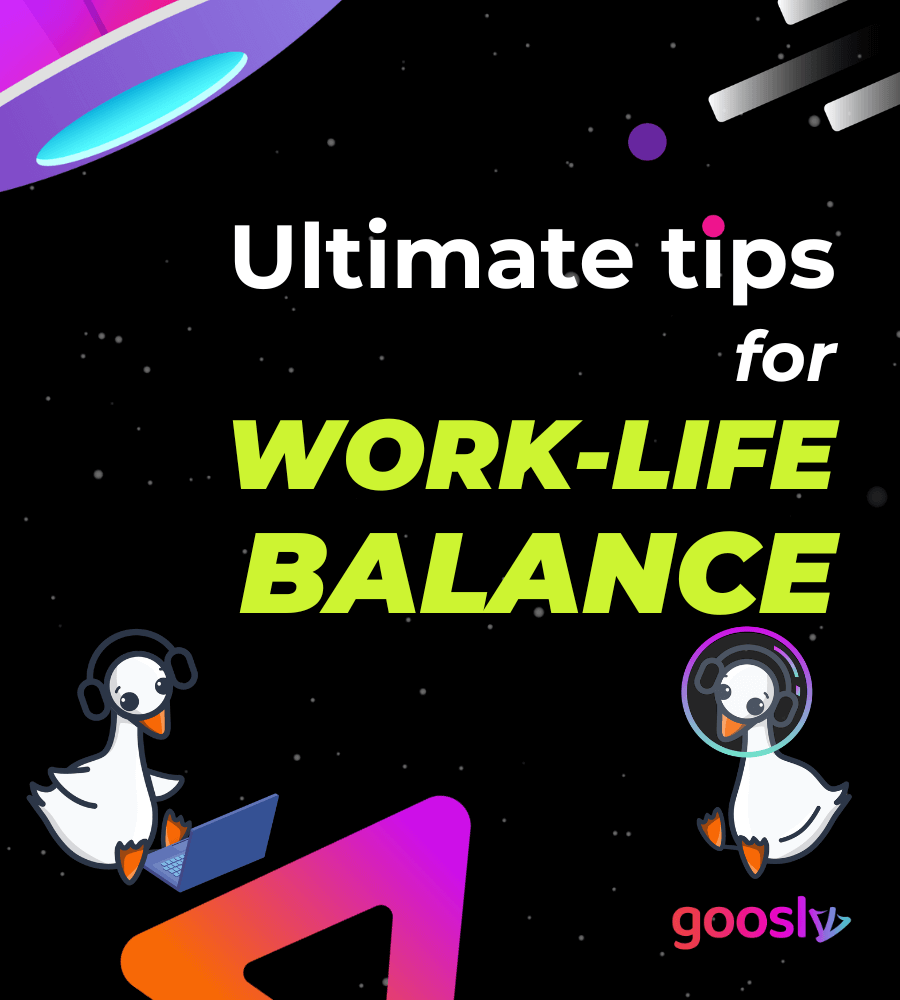What you'll get from this article:
- How to take effective breaks
- How to delegate daily tasks
- How to stay productive
If you're like most managers, you probably feel like there aren't enough hours in the day. It can be tough to balance work with your personal tasks, and it often feels like you're always behind schedule. This can be incredibly frustrating when you have a lot of things on your plate.
This blog post will discuss how to plan your days productively to get the most out of them. We'll provide tips, methods, and tools that you can use to make sure that each day is productive and efficient.
1. Wake up early and start your day with a plan
There are many benefits to waking up early and starting the day with a plan. Waking up early gives you more time to get things done, and planning your day can help you stay on track and focus.

Here are a few tips for making the most of your morning:
🛌 Get plenty of sleep the night before so you don’t feel exhausted in the morning. Most people need around seven to eight hours of sleep per night.
⏰ Wake up at least an hour before you need to start getting ready for work or school. This will give you enough time to organize and start your day without feeling rushed.
📋 Make a list of what you need to do that day, and stick to it as closely as possible. This will help keep you on track and prevent distractions from taking over your morning.
2. Prioritize your tasks and make a list of what needs to be done
There are a lot of strategies for prioritizing tasks, but one of the most effective is to rank them according to their importance. The most important tasks should be at the top of your list and the least important at the bottom. This approach can help you stay focused and avoid getting bogged down by less important tasks. It also lets you quickly identify which specific task needs to be done first.

One of the best ways to determine which tasks are most important is to ask yourself what the consequences would be if they weren’t done.
For example, what would the results be if you didn’t submit a report by the end of the day? Would you get in trouble with your boss? Would it delay a project?
You can better understand its importance by thinking about the consequences of not completing a task.
Another way to prioritize tasks is to think about how much time each one will take. Tasks that will take less time to complete should be prioritized over those that will take longer.
This is because it's often more efficient to do several small tasks than one big task.
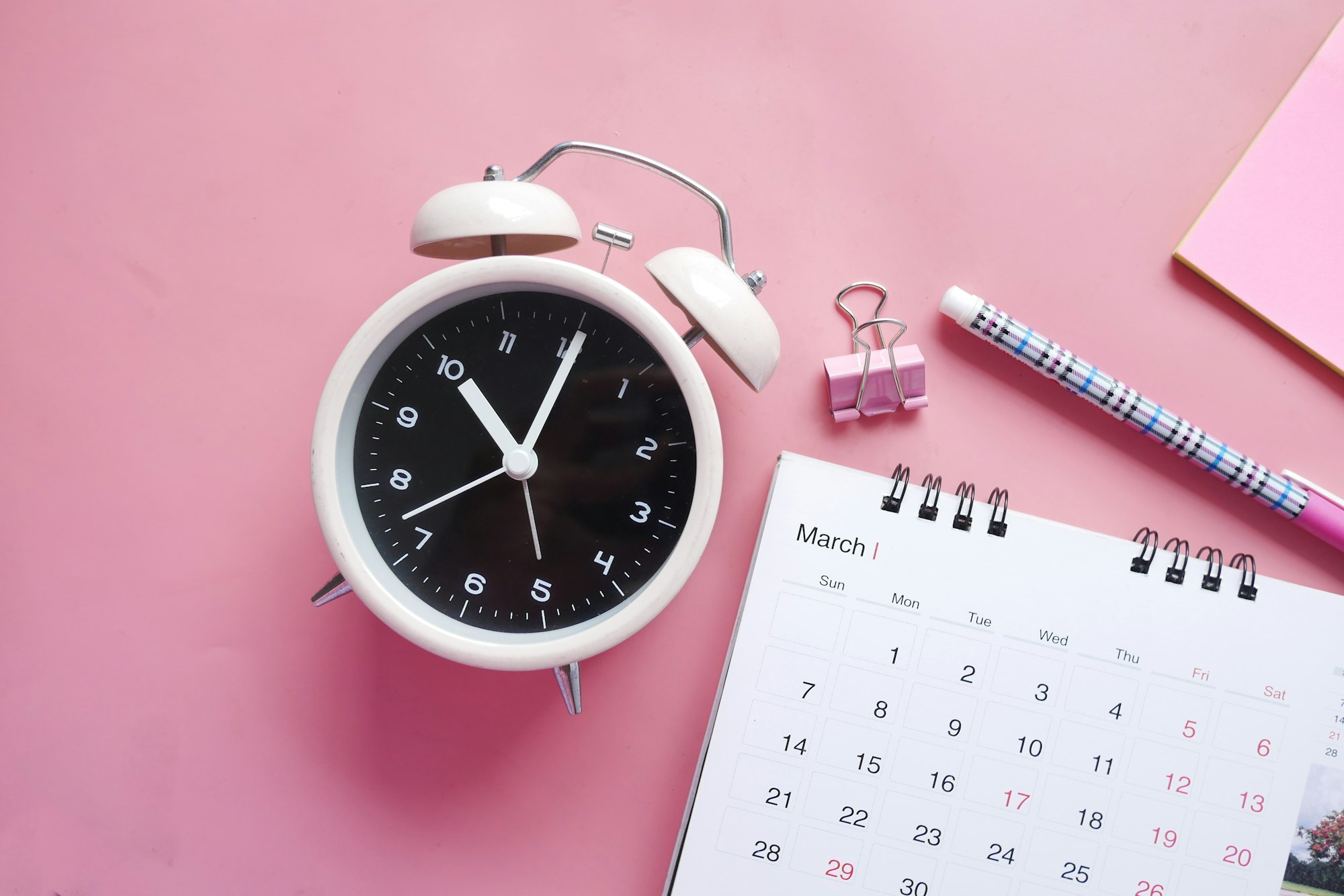
You can also use planning tools to help you stay organized. Many planning tools can help you stay organized, like a daily planner, to-do list, and various apps.
Here are a few of our favorite resources:
To-do list apps
Many different to-do list apps are available, including Asana, Todoist, and Superlist, and they all have various features. Some allow you to create multiple lists, while others let you set deadlines or priorities for each task. Choose an app that fits your needs and use it daily to track what needs to be done.
Calendar apps
A digital calendar can be a great way to keep track of appointments, meetings, and deadlines. Most calendar apps like Google Calendar, Microsoft Outlook, and Apple Calendar allow you to sync your calendar with your phone, computer, and other devices, so you can always access it wherever you go.
Note-taking apps
Note-taking apps like Evernote, Microsoft OneNote, or Joplin can help take meeting notes, brainstorm ideas, or write down random thoughts.
Most note-taking apps allow you to type or write notes and add images or files.
Goosly
If you're looking for a planning tool specifically designed for managers, Goosly is highly recommended. Goosly is a free app that helps managers plan their day showing all tasks on a simple project roadmap.
It allows you to style, embed and visualize project and product plans in the form of a roadmap that can be duplicated, used and shared with the team for free.

Goosly allows you to keep your team aware of the project plans, customize your roadmap with colors and groups, as well as publish and share your plans on socials, or embed the roadmap into your webpage so that remote team and fellow managers can use it worldwide. Goosly offers a library of public roadmap templates as well for freelance, software, education, and other industries.
3. Delegate or outsource tasks that can be completed by someone else
Regarding delegating tasks, there are a few key things to remember. First, ensure you understand the job and what is required before assigning it to someone else. Second, be clear about deadlines and expectations. And finally, be willing to let go and trust that the person you've delegated the task to will handle it properly. Following these tips can help ensure a smooth and productive delegation process.
4. Take breaks throughout the day to stay energized and focused
Taking breaks during the work day is essential, but it’s also important to ensure those breaks are productive.

Here are some tips for taking effective breaks:
⌛️ Take a break every 90 minutes. Your brain needs time to rest and recharge, and breaking your day into smaller chunks will help you stay focused and energized.
🏌️♂️ Get up and move around. A quick walk or a few minutes of stretching can help clear your mind and restore your energy.
🖼 Take a mental break. Sometimes, you need a few minutes to relax and clear your head. Grab a book, nap, or close your eyes and take deep breaths.
5. Drink plenty of water and eat healthy foods to boost productivity
There are many benefits to eating healthy, including increased productivity.
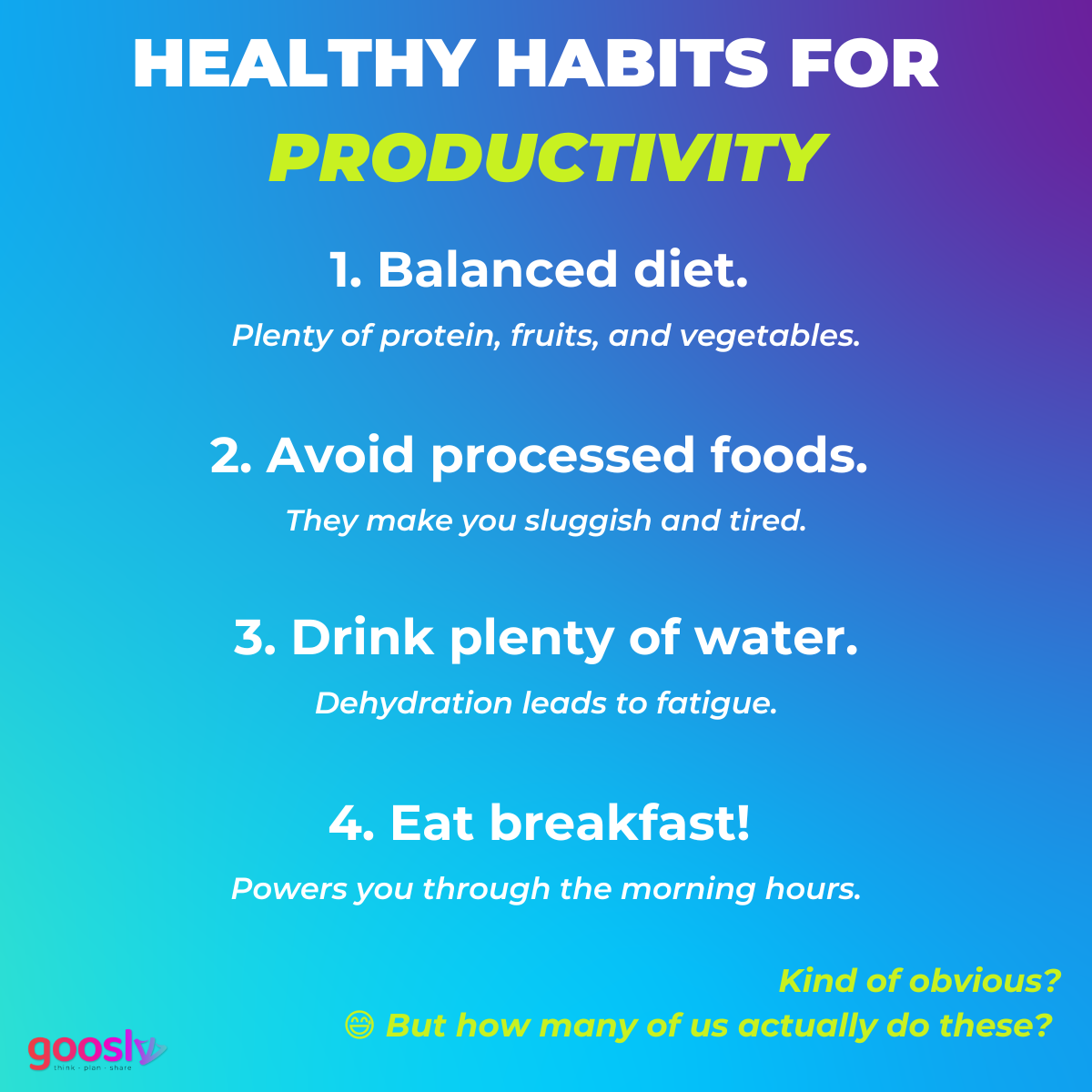
Here are some tips to be at your best throughout the day:
1. Make sure you have a balanced diet with plenty of protein, fruits, and vegetables. This will give you sustained energy throughout the day.
2. Avoid processed foods as much as possible. Not only are they unhealthy, but they can also make you feel sluggish and tired.
3. Drink plenty of water throughout the day. Dehydration can lead to fatigue and decreased productivity.
4. Eat breakfast! A nutritious breakfast will help power you through the morning hours and keep you from snacking on unhealthy foods later in the day.
6. End the day by reviewing your accomplishments and planning for tomorrow
Reviewing accomplishments from the day is crucial because it allows you to reflect on what you've done, what went well, and how you can improve for tomorrow. Additionally, planning your day can help you stay productive and on track. By taking a few minutes each night to review your accomplishments and plan your next day, you'll be able to use your time and achieve your goals more effectively.

Summing it up
To be productive, taking breaks, eating healthy foods, and drinking plenty of water is essential. Additionally, planning your day can help ensure that you stay on track. By taking a few minutes each night to review your accomplishments and plan your next day, you'll be able to use your time and achieve your goals more effectively.

